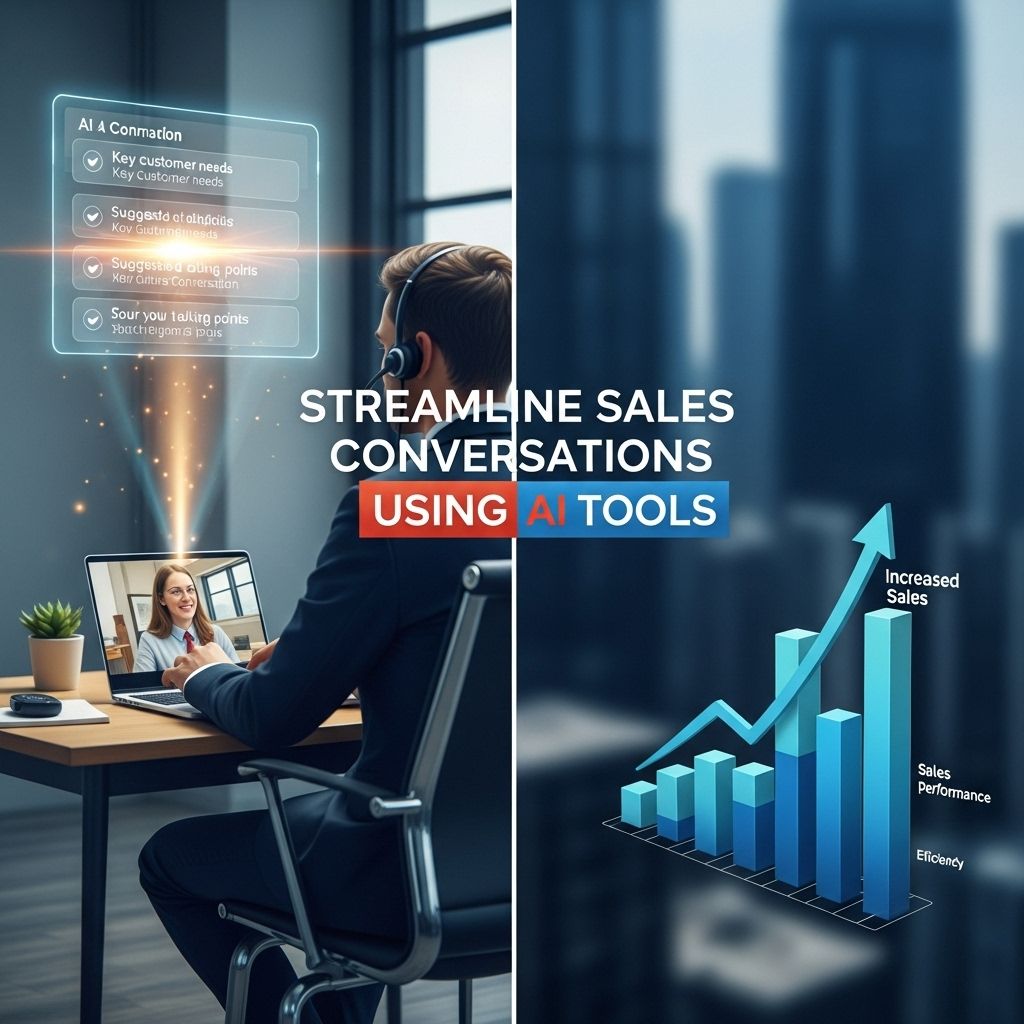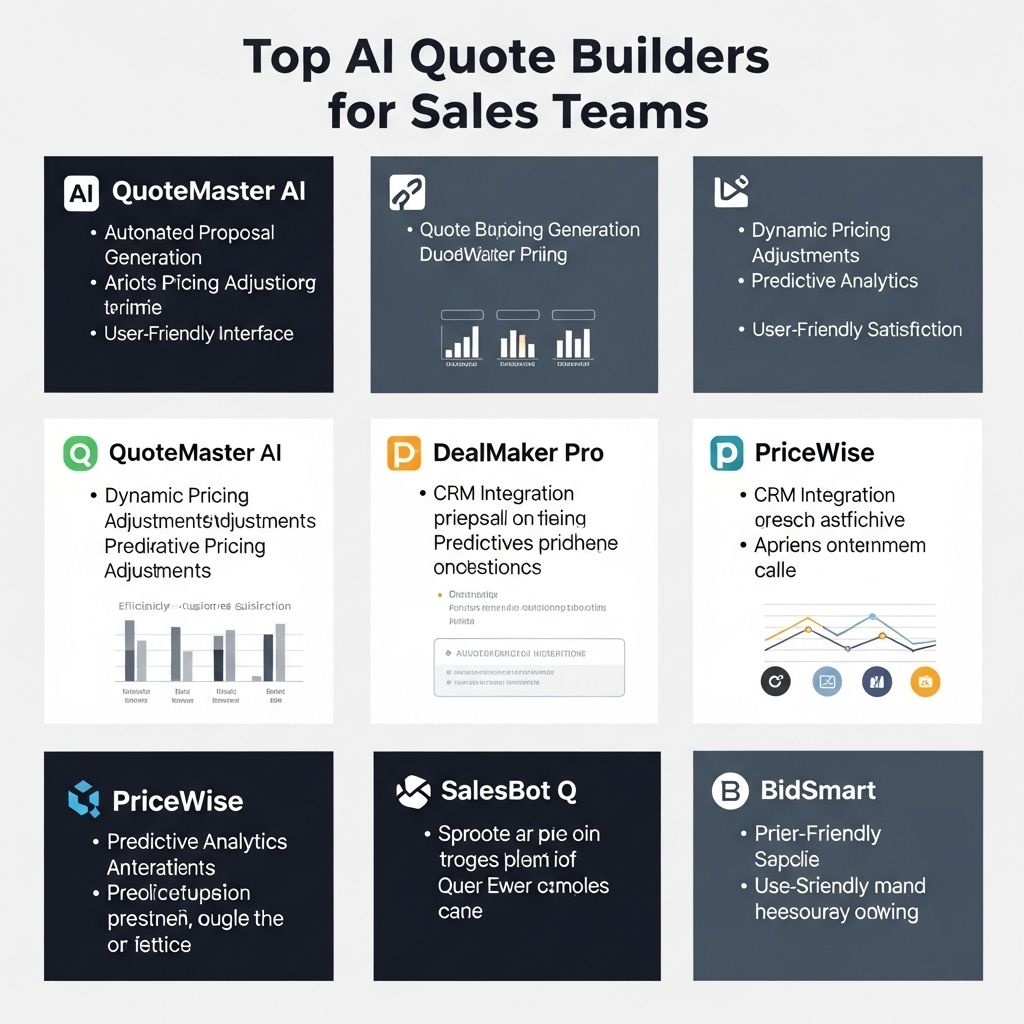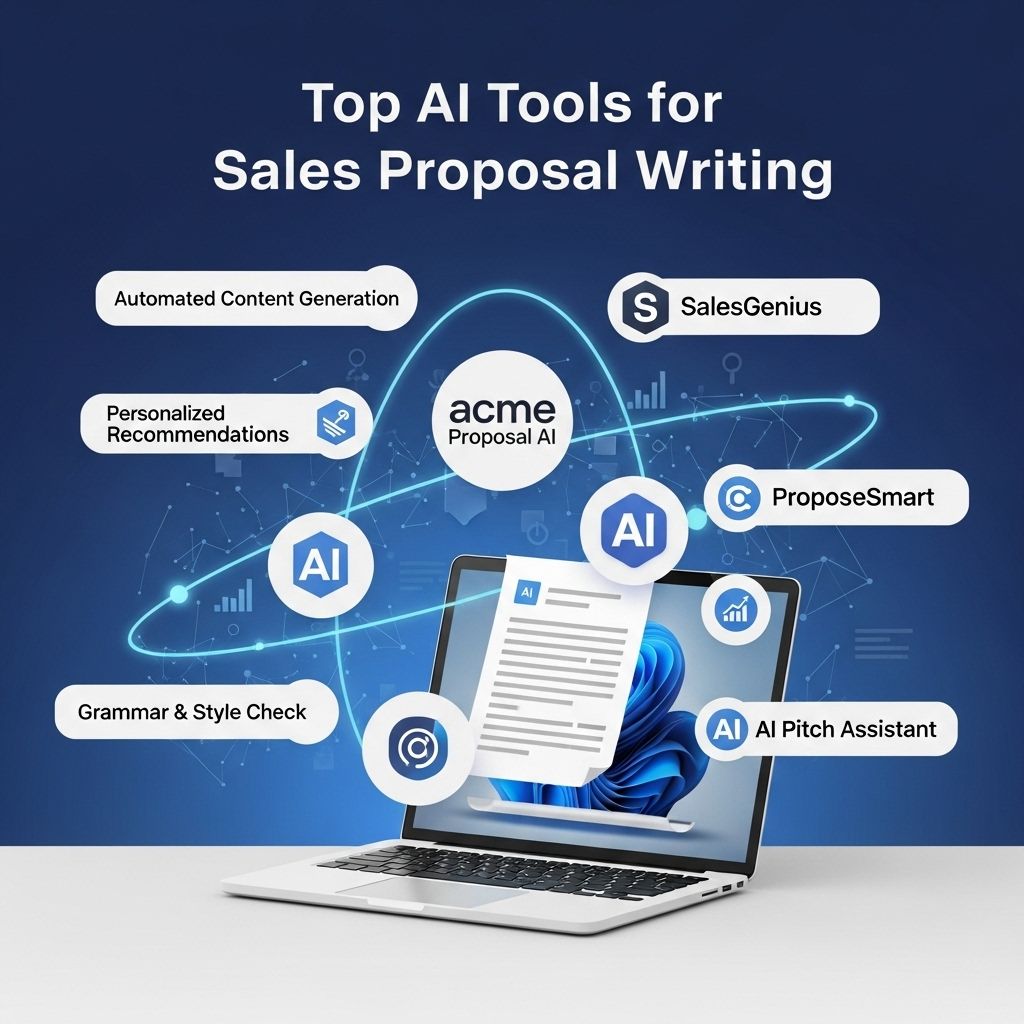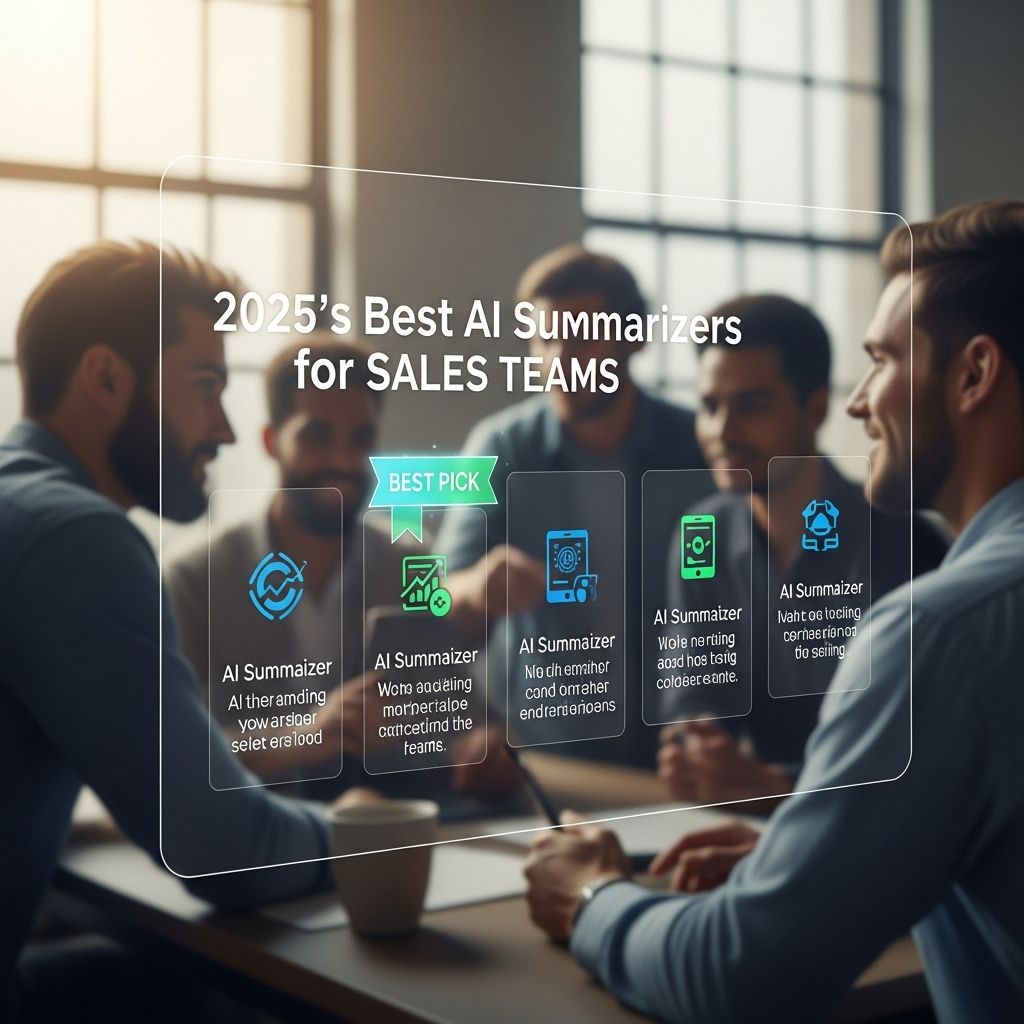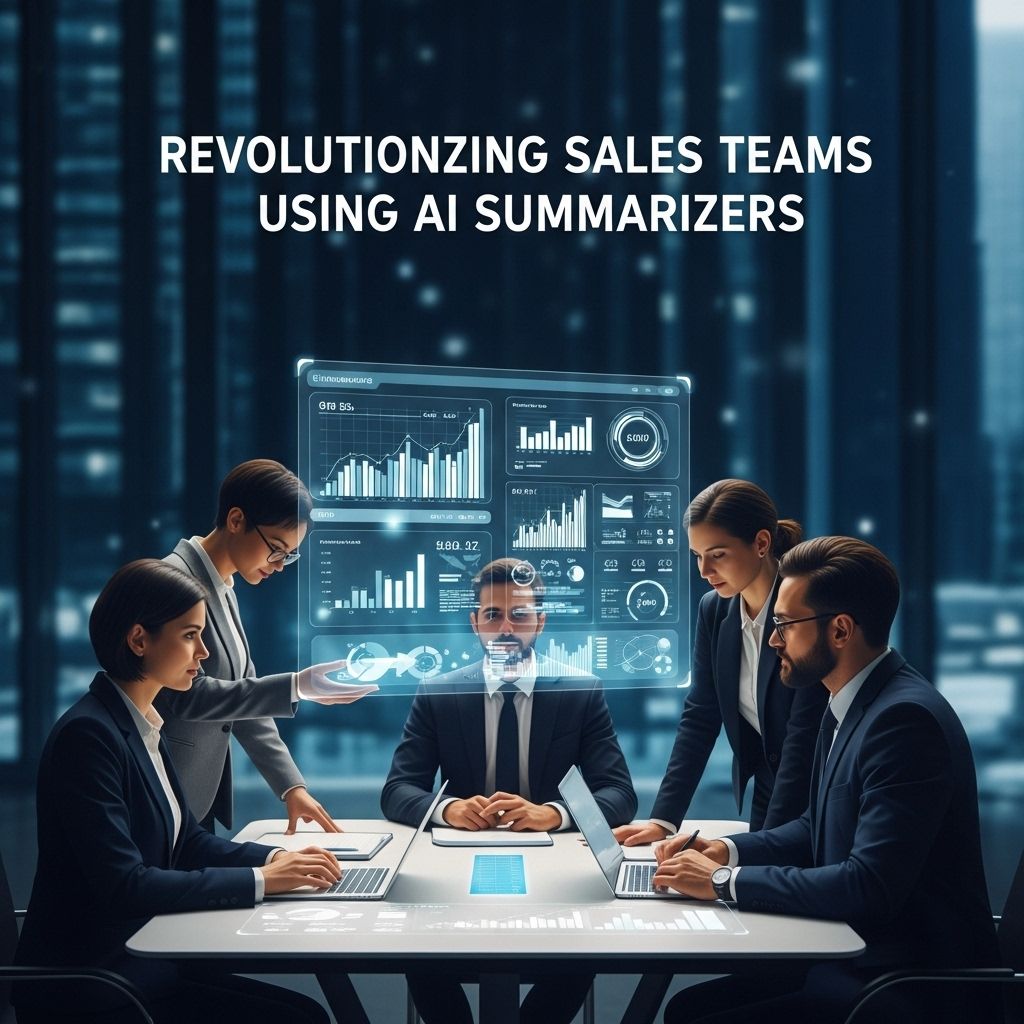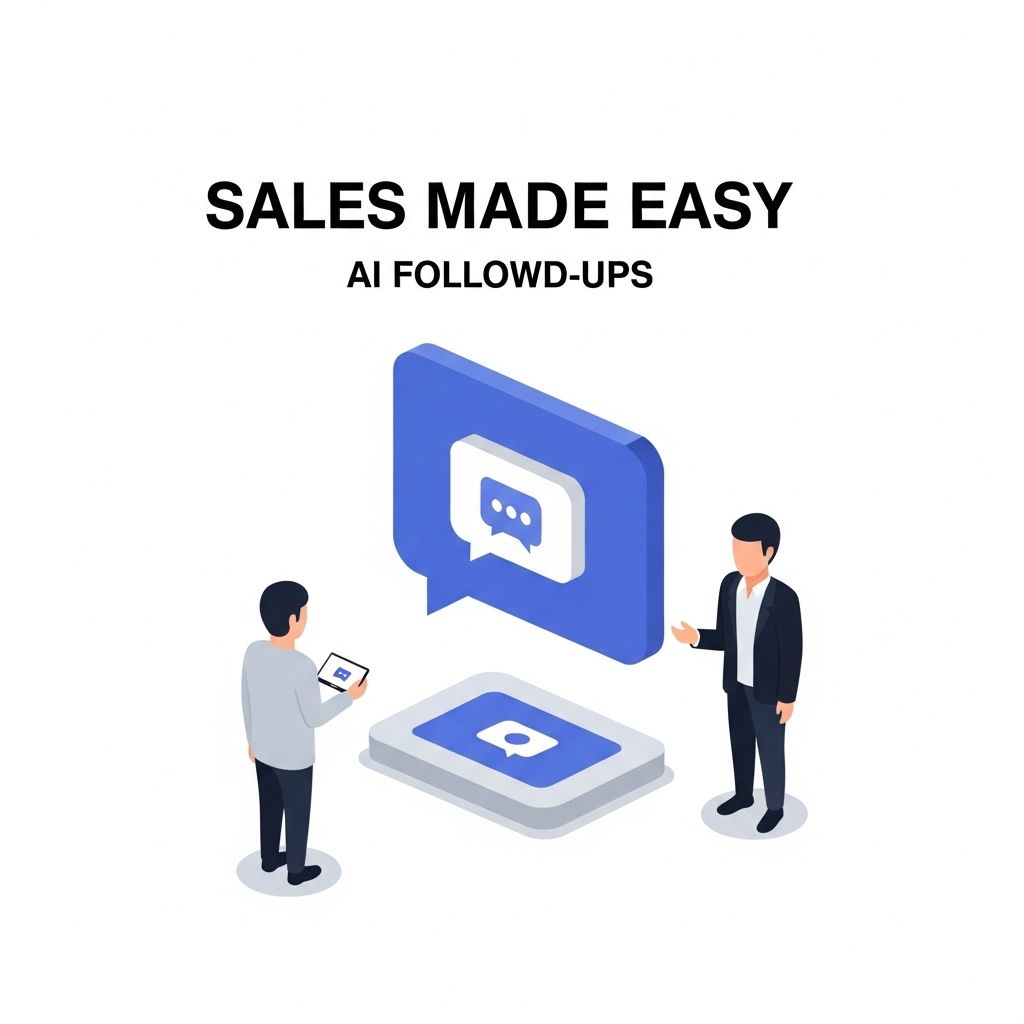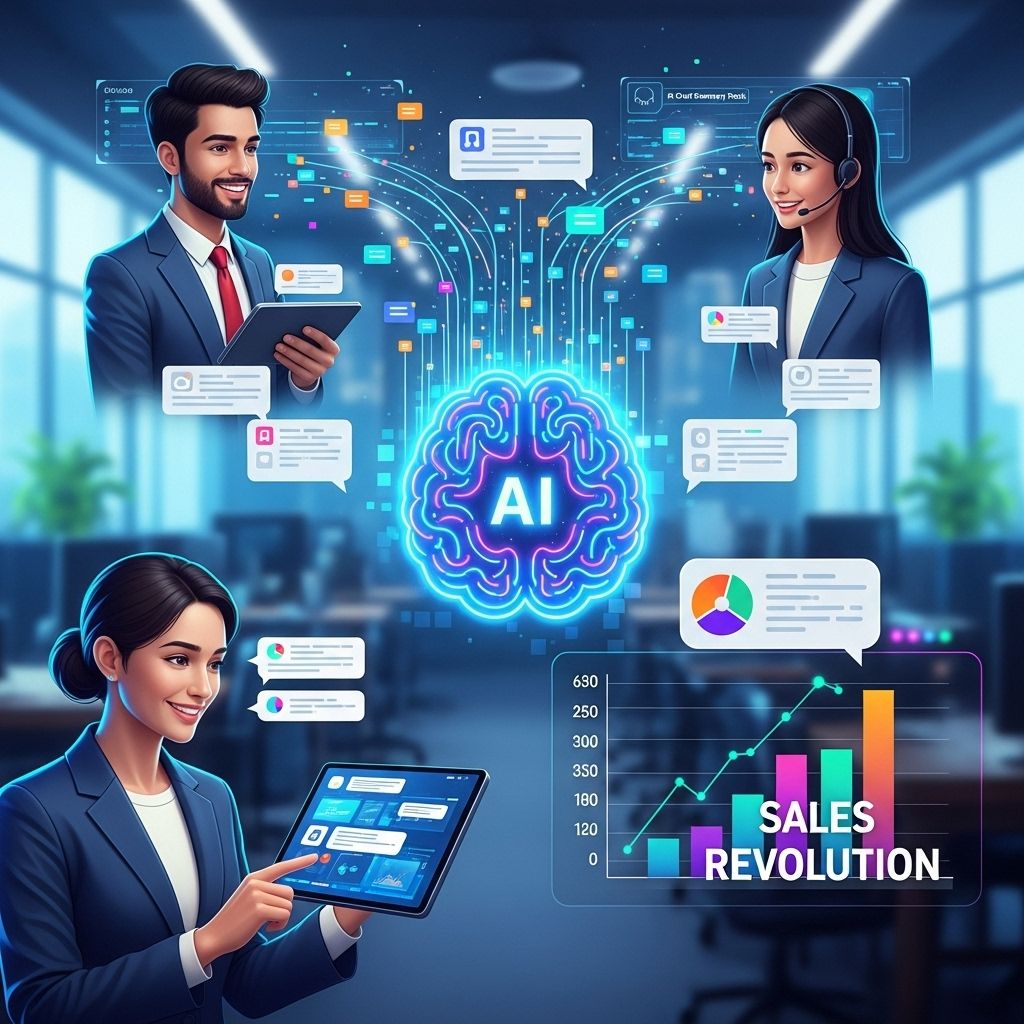Boost Your CRM with AI Deal Prediction
Discover how AI-driven deal prediction can enhance your CRM strategy and improve sales outcomes. Learn key techniques and tools.
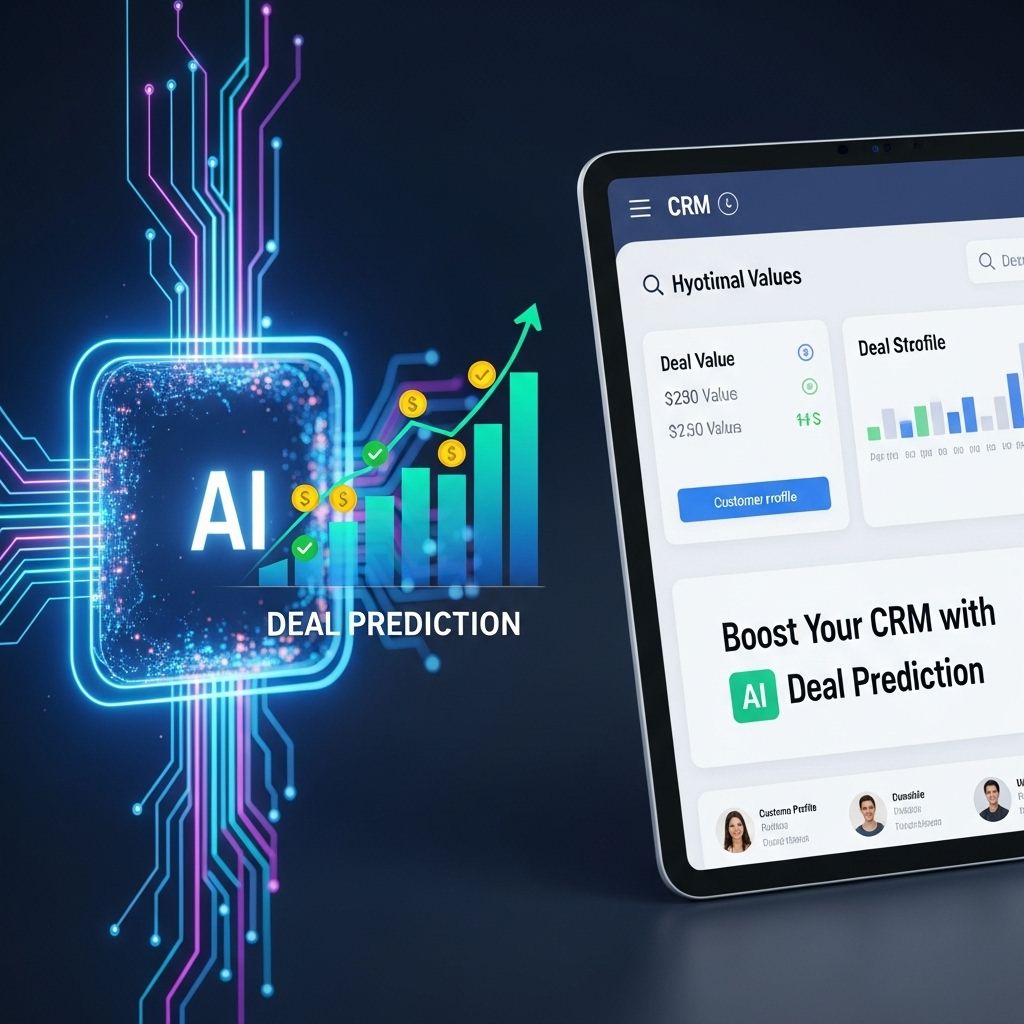
In the ever-evolving world of customer relationship management (CRM), businesses are continually searching for ways to enhance their strategies and outcomes. One of the most promising advancements in this field is the integration of artificial intelligence (AI) for deal prediction. By harnessing the power of AI algorithms and machine learning, organizations can transform their data into actionable insights, leading to better decision-making and increased sales performance.
Table of Contents
Understanding AI in CRM
AI refers to the simulation of human intelligence in machines that are programmed to think and learn. In the context of CRM, AI can analyze vast amounts of customer data, identify patterns, and predict future behaviors. This capability is particularly useful in deal prediction, which involves assessing the likelihood of closing a deal based on historical data and current customer interactions.
The Importance of Deal Prediction
Deal prediction serves as a valuable tool for sales teams. By understanding which deals are more likely to close, sales representatives can prioritize their efforts and allocate resources more effectively. The benefits include:
- Increased Efficiency: Sales teams can focus on leads that have a higher probability of conversion.
- Better Resource Allocation: Identify where to invest time and effort based on data-driven insights.
- Enhanced Forecasting: Improved accuracy in sales forecasts leads to better strategic planning.
How AI Deal Prediction Works
AI deal prediction typically involves several key components:
- Data Collection: Gathering historical sales data, customer interactions, and demographic information.
- Data Cleaning: Ensuring the data is accurate and relevant by removing duplicates and inconsistencies.
- Feature Engineering: Selecting the most relevant variables that influence deal outcomes, such as customer engagement scores and deal size.
- Model Training: Using machine learning algorithms to train a model on historical data, enabling it to recognize patterns and make predictions.
- Validation: Testing the model’s predictions against new data to assess its accuracy.
Types of AI Models for Deal Prediction
Several machine learning models can be employed for deal prediction, including:
| Model Type | Description |
|---|---|
| Logistic Regression | A statistical model that estimates the probability of a binary outcome based on one or more predictor variables. |
| Decision Trees | A model that uses a tree-like graph of decisions and their possible consequences to predict outcomes. |
| Random Forest | An ensemble method that builds multiple decision trees and merges them to improve accuracy and control over-fitting. |
| Neural Networks | Complex models that mimic the human brain structure, particularly useful for recognizing non-linear relationships in large datasets. |
Integrating AI with Your CRM
To effectively integrate AI deal prediction into your CRM system, follow these steps:
1. Assess Your Current CRM Capabilities
Evaluate your CRM system to determine its capacity for data integration and analysis. Some platforms may require plugins or additional tools to facilitate AI capabilities.
2. Choose the Right AI Tools
Select AI tools that align with your business needs. Consider factors such as:
- Compatibility with existing systems
- User-friendliness
- Scalability
- Cost
3. Train Your Staff
Ensure your sales and marketing teams understand how to utilize AI-driven insights effectively. Training sessions and ongoing support will help them leverage the technology to its fullest potential.
4. Monitor and Adjust
After implementation, continuously monitor the AI models’ predictions and outcomes. Make necessary adjustments to improve accuracy and refine your approach.
Challenges in AI Deal Prediction
While AI offers significant advantages, there are challenges to consider:
Data Quality
The accuracy of AI predictions is highly dependent on the quality of the input data. Inconsistent or incomplete data can lead to misleading conclusions.
Understanding AI Limitations
AI is not infallible; it can struggle with unpredictability in human behavior and external factors. Sales teams should not rely solely on AI predictions but use them as one of many tools in their strategy.
Cost of Implementation
Integrating AI into CRM can be resource-intensive, requiring investment in technology and training. Businesses must weigh the potential ROI against these costs.
Future Trends in AI and CRM
The future of AI in CRM is exciting and rapidly evolving. Some trends to watch include:
Personalization
AI will enable deeper personalization of customer interactions, leading to enhanced customer experiences and increased loyalty.
Predictive Analytics
Beyond deal prediction, businesses will leverage predictive analytics for various aspects, including marketing and customer service strategies.
Voice-Activated CRM
Integration of voice technology will allow sales teams to access CRM data hands-free, improving efficiency and accessibility.
Conclusion
Integrating AI into CRM for deal prediction represents a transformative opportunity for businesses aiming to enhance their sales performance. By understanding how AI works, the benefits it brings, and the challenges involved, organizations can make informed decisions and strategically implement these technologies. With continuous advancements in AI, the future holds endless possibilities for optimizing customer relationship management and driving business growth.
FAQ
What is AI deal prediction in CRM?
AI deal prediction in CRM refers to the use of artificial intelligence algorithms to analyze data and forecast the likelihood of closing sales deals.
How can AI deal prediction improve sales processes?
AI deal prediction can enhance sales processes by providing insights into customer behavior, optimizing lead scoring, and prioritizing deals that are more likely to close.
What data does AI use for deal prediction?
AI uses historical sales data, customer interactions, market trends, and behavioral analytics to make accurate deal predictions.
Is AI deal prediction suitable for all businesses?
Yes, AI deal prediction can be beneficial for businesses of all sizes and industries, as it helps in making data-driven decisions to improve sales outcomes.
How can I integrate AI deal prediction into my existing CRM?
You can integrate AI deal prediction into your CRM by using AI-powered tools or platforms that offer predictive analytics functionalities, often through APIs or built-in features.
What are the benefits of using AI in CRM for deal prediction?
The benefits include increased accuracy in sales forecasts, better resource allocation, enhanced customer engagement, and ultimately, higher conversion rates.

